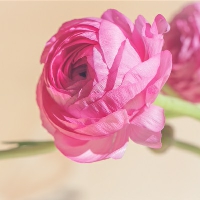n. Soul, spirit, ghost, human adj. soul in american black culture can be used as a noun. when used as a noun, soul basically means "soul, essence" and is a countable noun. Extension can also mean "noble sentiments, enthusiasm, feelings, spirit". When this solution is made, it is an uncountable noun without any article in front of it. s...
Expand Details
